EU: NEW DAILY LIMITS TO GREEN TEA CATECHINS
European Union
Oct 20, 2021
Green tea extracts will be limited to a daily dose of 800 mg epigallocatechin gallate (EGCG) if a forthcoming EU-wide Regulation comes into force in the second quarter of 2022.
The restrictions contained in the Draft Regulation amending Annex III to Regulation (EC) No 1925/2006 would not apply to green tea infusions prepared in a traditional way and reconstituted drinks (containing at least 0.12 g dry mass of extracts from tea in 100 mL) with an equivalent composition to traditional green tea infusions. Subject to the entry into force of the said restrictions, the industry should review the formulas and labels of their products and adapt them if necessary.
The compound EGCG is the most relevant catechin found in green tea (Camellia sinensis (L.) Kuntze). Green tea and its catechins are usually associated with certain health benefits related to antioxidant effects, cancer prevention, cardiovascular health, obesity/weight loss and others. However, the European Food Safety Authority in its scientific opinion (adopted in 2018) concluded that catechins in green tea extracts, in particular, doses equal to or above 800 mg of EGCG, taken as a food supplement could risk liver injury.
Based on the said scientific opinion, the EC suggests restricting the use of green tea extracts containing EGCG to foods and food supplements the individual portion of which contains less than 800 mg of EGCG for daily consumption – they could further be placed on the market if properly labelled (e.g. certain warnings such as “should not be consumed under fasting conditions” would be required). However, because of scientific uncertainty, green tea extracts containing EGCG would remain under Union scrutiny. The EC would be obliged to decide on the final status (allowed, prohibited, or restricted) of the substance within four years from the listing date.
National restrictions
Some Member States have already adopted limits in the absence of a EU-wide initiative. For example, the recommended daily dose in Belgium should not lead to an intake higher than 600 mg of EGCG. France and Italy have even stricter conditions, with a daily limit of 300 mg.
If adopted, the Draft Regulation would become legally binding without any action in all EU Member States, i.e. would overrule the above national restrictions, unless a Member State would justify maintaining national provisions to the European Commission on grounds of major needs such as public policy or the protection of health and life of humans.
Novel food status
EGCG as a purified extract from green tea leaves composed of a minimum of 90% EGCG is authorised as a novel food and, thus, would remain subject to the conditions for novel foods even after the adoption of the Draft Regulation.
Timeline
The EC plans the adoption of the restrictions in the second quarter of 2022. Until November 3, 2021, any interested party can submit its comments on the Draft Regulation here.
ASTA ŠAMULEVIČIŪTĖ | Senior Associate, FCI










